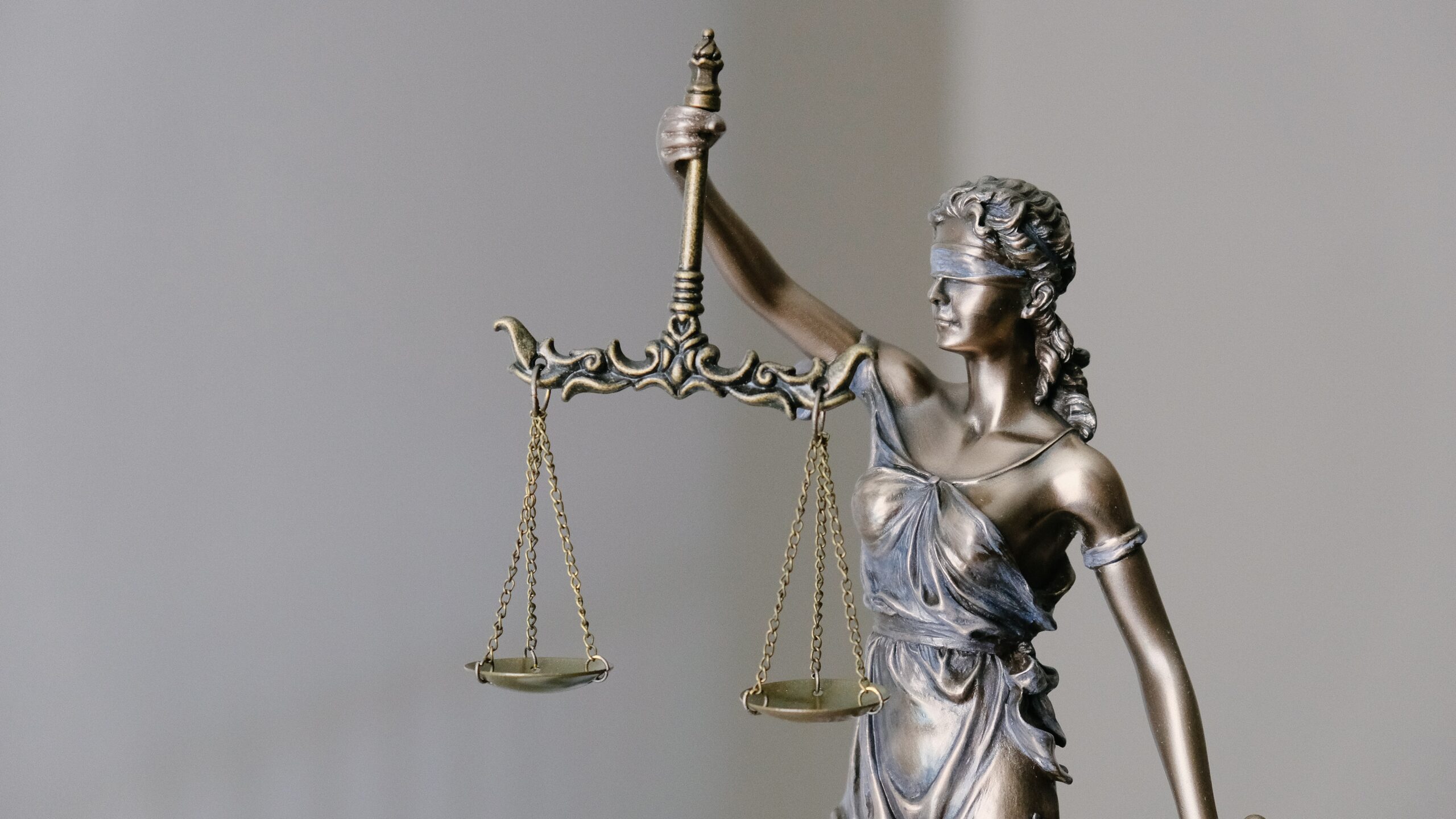Speech to Parliament on April 13th on the OVERSEAS OPERATIONS (SERVICE PERSONNEL AND VETERANS) BILL – on why UK personnel committing genocide, torture, or war crimes, should be open to prosecution in UK courts.
Click here:

Lord Alton of Liverpool (CB) [V]
My Lords, I am a signatory to the amendment tabled by the noble Lord, Lord Robertson of Port Ellen. I wholeheartedly endorse his comments. He has made the case so well, having spoken with all the advantage and experience of high office in government and NATO, that I can be relatively brief.
In Committee, the noble and learned Lord, Lord Falconer of Thoroton, pointed, as the noble Lord, Lord Robertson did, to the broad coalition inside and outside this House which spans from well-experienced military personnel to the United Nations, human rights charities and former Defence Secretaries. Those diverse voices have cogently argued that we should extend the exclusions from the presumption to cover genocide, torture and crimes against humanity. Echoing those concerns when speaking earlier today on a previous amendment, my noble and learned friend Lord Hope of Craighead also set out some of the compelling reasons why the House should support Amendment 3.
I will say a few words about the crime of genocide. Following the overwhelming support which the House gave to the all-party amendments on genocide that I recently moved to the Trade Bill, the House will have noted that many of the same arguments advanced during those debates about strengthening the rule of law also apply to Amendment 3.
Reflect for a moment that the International Criminal Court’s prosecutor has urged the United Kingdom
“to ensure that the exemption clause extends to all crimes within the jurisdiction of the Court”.
Are we seriously going to ignore this admonition? What calculation have we made of the reputational damage and the danger of being accused of being Janus-faced when we call out genocide in places such as Xinjiang, against the Uighurs, or Myanmar, against the Rohingya, but do not hold ourselves to the same stringent test?
Showing contempt or disdain for the ICC is something that we usually associate with authoritarians and dictators. We should be leary of being found in such disreputable company. It also stands in stark contradiction to the vaunted claims in the integrated review that the United Kingdom will be a world leader in promoting British values and a rules-based international order. Global Britain will be measured by its actions and not as a slogan.
The ICC’s chief prosecutor has said that, as this Bill stands, the result would be to
“render such cases admissible before the ICC”,
and that the UK would
“forfeit what it has described as its leading role, by conditioning its duty to investigate and prosecute serious violations of international humanitarian law, crimes against humanity and genocide on a statutory presumption against prosecution after five years.”
As we have just heard from the noble Lord, Lord Robertson, the United Nations Commissioner for Human Rights, Michelle Bachelet, added her voice only yesterday, urging us, as parliamentarians, to heed warnings that, in its current form, the Bill risks undermining key human rights obligations that the United Kingdom has committed itself to respect. She urged us to ensure that the law
“remains entirely unambiguous with regard to accountability for international crimes perpetrated by individuals, no matter when, where or by whom they are committed”.
She went on to pay tribute to our courts and what she called
“the independence and fairness for which they are known around the world”.
She urged us to maintain and strengthen our judicial approach to atrocity crimes—to strengthen, rather than diminish, their standing and reputation


